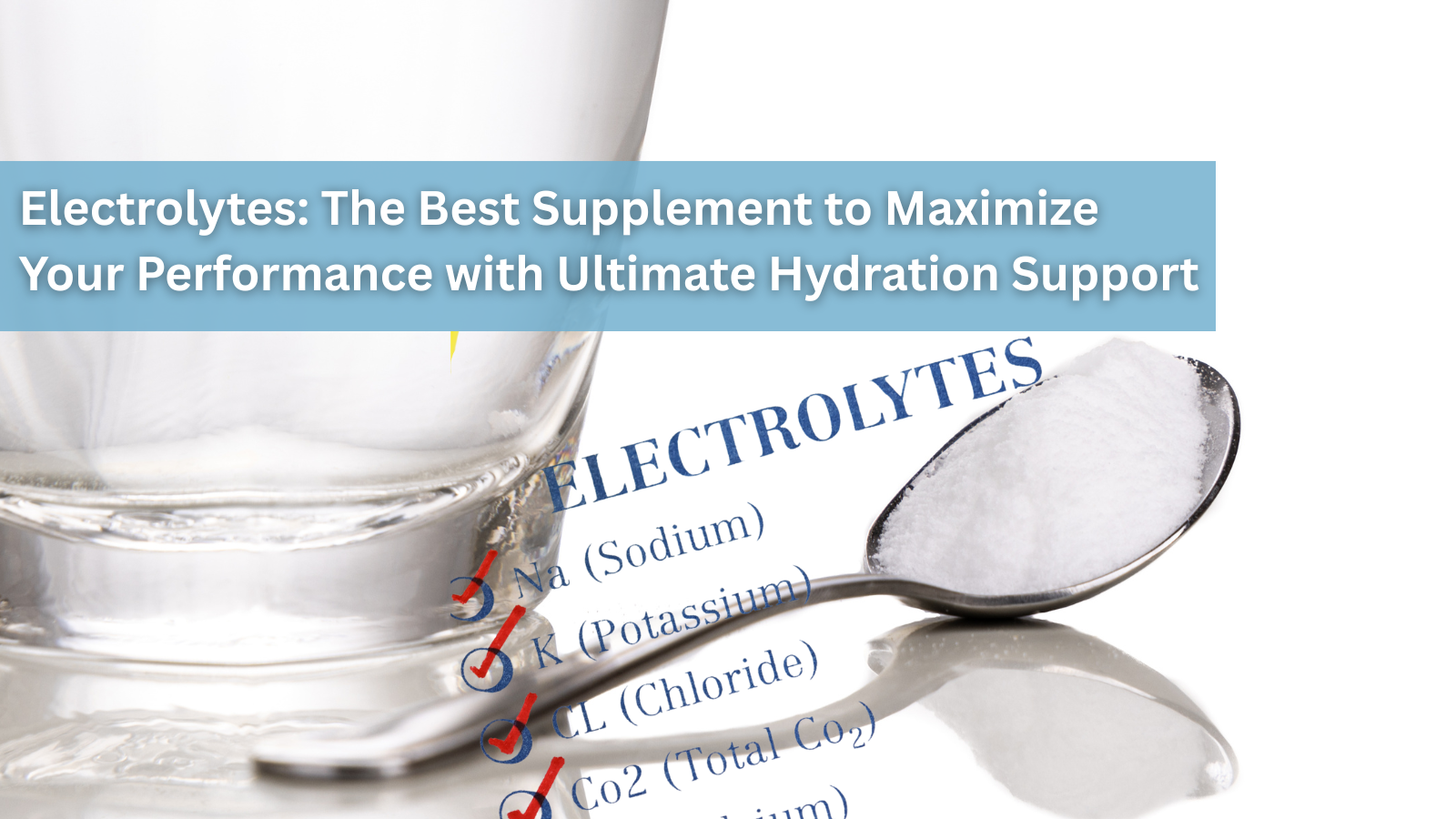Probiotics: Biological Mechanisms of Probiotics on Gut-Brain Axis

Probiotics and Their Mechanisms
Probiotics are live microorganisms that, when ingested in adequate amounts, confer significant health benefits to the host. Their effects can be categorized into three primary mechanisms:
- Restoration of microbial equilibrium in the gut
- Prevention and therapy of infections
- Detoxification of toxins and host/food-derived compounds
The effectiveness of a probiotic depends on its metabolic properties, cell surface molecules, and secreted components. These factors shape its ability to modulate immunity, support gut health, and counteract pathogens.
Key Evidence-Backed Benefits of Probiotics:
- Immune system modulation
- Lowered risk of urogenital disease
- Improved digestion and relief from constipation
- Protection against traveler’s diarrhea
- Lowered cholesterol
- Support in colon and bladder cancer prevention
- Reduced osteoporotic risk
- Alleviation of food allergies
Each strain offers distinct properties, making them suitable for targeted health interventions for men, women, and children, as well as for managing specific diseases.
Biological Mechanisms Through Which Probiotics Affect the Gut-Brain Axis in Humans
The gut-brain axis represents a bidirectional communication network between the gastrointestinal tract and the central nervous system (CNS). This axis is mediated by various pathways, including the nervous system, endocrine system, and immune system. Probiotics, defined as live microorganisms that confer health benefits to the host, have been increasingly recognized for their potential to modulate the gut-brain axis, particularly in relation to neurotransmitter production and inflammation. This response explores the biological mechanisms through which probiotics influence the gut-brain axis, with a focus on neurotransmitter production and inflammation.
Neurotransmitter Production and Probiotics
Probiotics have been shown to influence the production and regulation of neurotransmitters, which are critical for maintaining proper communication between neurons and other cells. Neurotransmitters such as serotonin, dopamine, gamma-aminobutyric acid (GABA), and acetylcholine play key roles in mood regulation, cognitive function, and emotional well-being.
Serotonin Production
Serotonin (5-hydroxytryptamine, 5-HT) is a neurotransmitter that regulates mood, appetite, sleep, and gastrointestinal motility. The majority of serotonin in the body is produced in the gut, where it is synthesized by enterochromaffin cells. Probiotics, particularly those belonging to the genera Lactobacillus and Bifidobacterium, have been shown to enhance serotonin signaling by increasing the availability of tryptophan, the precursor for serotonin synthesis (Akram et al., 2023) (Wade, 2021). Additionally, certain probiotics can directly influence the expression of serotonin receptors in the CNS, further modulating serotonin signaling pathways (Akram et al., 2023).
Dopamine Production
Dopamine is a neurotransmitter involved in reward processing, motivation, and motor control. Alterations in dopaminergic neurotransmission have been implicated in various neuropsychiatric disorders, including depression and anxiety. Probiotics have been found to influence dopaminergic pathways by modulating the gut microbiota, which produces metabolites that can affect dopamine production and signaling in the brain (González-Arancibia et al., 2019) (Choi et al., 2020). For example, short-chain fatty acids (SCFAs), which are produced by gut microbes, have been shown to regulate dopamine release and synaptic plasticity in the mesocorticolimbic circuit, a key brain region involved in reward processing (González-Arancibia et al., 2019).
GABA Production
GABA is an inhibitory neurotransmitter that plays a crucial role in reducing neuronal excitability and promoting relaxation. Certain psychobiotics, a subclass of probiotics with specific mental health benefits, have been shown to produce GABA or stimulate its production in the host (Wall et al., 2013) (Misra & Mohanty, 2018). For instance, Lactobacillus rhamnosus JB-1 has been found to alter GABA receptor expression in the brain, leading to reduced anxiety- and stress-related behaviors in animal models (Jermy, 2011).
Acetylcholine Production
Acetylcholine is a neurotransmitter involved in memory, learning, and cognitive function. Probiotics have been shown to influence acetylcholine production by modulating the gut microbiota and reducing inflammation, which can impair cholinergic neurotransmission (Westfall et al., 2017) (Skalny et al., n.d.). Additionally, certain probiotics have been found to enhance cholinergic neurotransmission by increasing the expression of choline acetyltransferase, the enzyme responsible for acetylcholine synthesis (Westfall et al., 2017).
Inflammation and Probiotics
Chronic inflammation is a key contributor to various neurological and psychiatric disorders, including depression, anxiety, and neurodegenerative diseases. Probiotics have been shown to exert anti-inflammatory effects, which may contribute to their beneficial effects on the gut-brain axis.
Modulation of the Immune System
Probiotics can modulate the immune system by reducing the production of pro-inflammatory cytokines, such as interleukin-1β (IL-1β) and tumor necrosis factor-alpha (TNF-α), and increasing the production of anti-inflammatory cytokines, such as interleukin-10 (IL-10) (Yun et al., 2020) (D'Mello et al., 2015). This immunomodulatory effect is mediated by the interaction between probiotics and immune cells, such as macrophages and dendritic cells, in the gut-associated lymphoid tissue (GALT) (D'Mello et al., 2015).
Reduction of Neuroinflammation
Neuroinflammation, characterized by the activation of microglia and the release of pro-inflammatory mediators in the brain, is a common feature of various neurological and psychiatric disorders. Probiotics have been shown to reduce neuroinflammation by inhibiting the activation of microglia and the production of pro-inflammatory cytokines in the brain (Yun et al., 2020) (Skalny et al., n.d.). For example, Lactobacillus gasseri NK109 has been found to reduce IL-1β expression and microglial activation in the hippocampus, leading to improved cognitive function and reduced depressive behaviors in animal models (Yun et al., 2020).
Role of Short-Chain Fatty Acids (SCFAs)
SCFAs, such as butyrate, propionate, and acetate, are metabolites produced by gut microbes during the fermentation of dietary fiber. SCFAs have been shown to exert anti-inflammatory effects by inhibiting the production of pro-inflammatory cytokines and promoting the production of anti-inflammatory cytokines (Suda & Matsuda, 2022) (Park & Gao, 2024). Additionally, SCFAs have been found to promote the integrity of the blood-brain barrier, reducing the influx of pro-inflammatory molecules into the brain (Park & Gao, 2024).
Other Mechanisms of Probiotic Action on the Gut-Brain Axis
Vagus Nerve Signaling
The vagus nerve is a key component of the gut-brain axis, enabling bidirectional communication between the gut and the brain. Probiotics have been shown to modulate vagus nerve signaling, which can influence various physiological and psychological processes, including mood regulation and stress response (Jermy, 2011) (Misra & Mohanty, 2018). For example, Lactobacillus rhamnosus JB-1 has been found to reduce anxiety- and stress-related behaviors in mice by modulating vagus nerve activity (Jermy, 2011).
Production of Neuroactive Metabolites
In addition to neurotransmitters, probiotics can produce or stimulate the production of neuroactive metabolites, such as SCFAs, neurohormones, and anti-inflammatory cytokines, which can influence brain function and behavior (Cui et al., 2025) (Toro-Barbosa et al., 2020). For example, psychobiotics have been shown to produce GABA and serotonin, which can directly influence neuronal activity and mood regulation (Wall et al., 2013) (Misra & Mohanty, 2018).
Modulation of the Hypothalamic-Pituitary-Adrenal (HPA) Axis
The HPA axis is a key regulator of the stress response, and dysregulation of the HPA axis has been implicated in various psychiatric disorders, including depression and anxiety. Probiotics have been shown to modulate the HPA axis by reducing the production of cortisol, a stress hormone, and promoting the production of anti-stress hormones, such as oxytocin (Toro-Barbosa et al., 2020) (Zielinska et al., 2022).
Final Thoughts
The health benefits of probiotics are both strain-specific and person-specific, but everyone can benefit from a wide-spectrum blend of strains. Individual strains interact uniquely with the human body, and by taking a variety of strains, you can be sure you are getting stains your microbiome may lack.
Stay tuned as we explore each of these strains in depth in the upcoming series. Each post will contain:
- Science-backed health benefits by age and sex
- Support for specific conditions (IBS, infections, allergies, etc.)
- Practical ways to incorporate each strain/mushroom into your daily routine
- Insights into product selection and dosing
Sources

September 19, 2025
Electrolytes: The Best Supplement to Maximize Your Performance with Ultimate Hydration Support
When it comes to maintaining peak performance, staying hydrated is one of the most crucial elements. Whether you're powering through an intense workout, recovering from physical exertion, or simply seeking to maintain your body’s hydrat...
Read more
September 18, 2025
Worse than NFL Concussions: Toxic Fumes Leaking into Airplanes
Recent investigations have uncovered a disturbing trend in the aviation industry: toxic fumes are leaking into airplanes, putting both airline crews and passengers at risk. In a detailed report by The Wall Street Journal, it was reveal...
Read more
September 18, 2025
Top 7 Heart Health Supplements: A Comparative Review
Heart disease remains a leading cause of mortality worldwide, prompting interest in dietary supplements that may support cardiovascular health. Among the most studied are niacin, ginger, turmeric, hawthorn berry, magnesium, proteolytic ...
Read more




Leave a comment